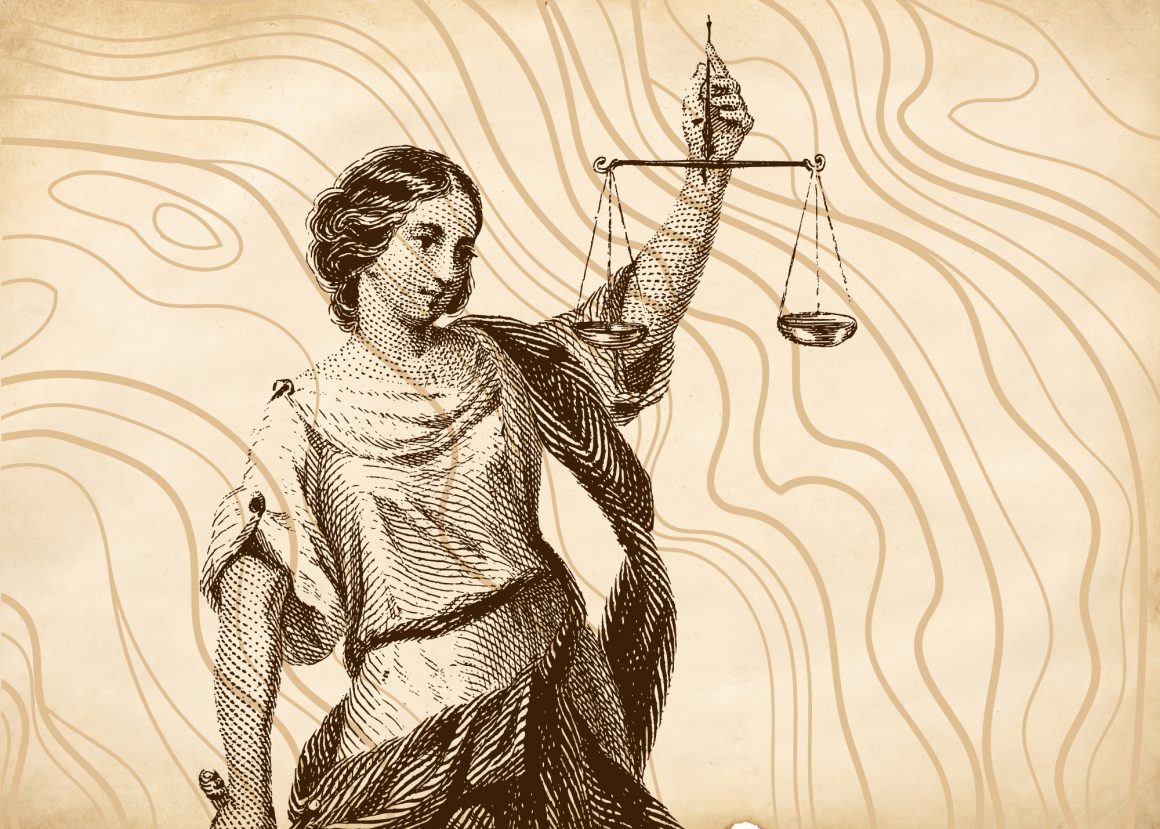
We must all care more about wrongful convictions in Canada
By Anjali Choudhary, March 17 2023—
As a law and society student, I was introduced to the concept of wrongful convictions in my very first semester through a particularly passionate professor. Having had my entire education grounded in the idea that the criminal justice system can, and does, fail, I was shocked to find out that others had learned and internalized the opposite. Wrongful convictions are a particularly difficult concept to digest because the trust in our systems to correctly bring justice to offenders and victims is crucial for the functioning of a country like Canada. So, when we so clearly see a failure of that system, discussing it seems almost taboo. Regardless, however difficult those conversations may be, the situation is unbelievably more difficult for individuals who have faced wrongful convictions.
Ronald Dalton, speaking at the annual Pro Bono Students Canada UCalgary Wrongful Convictions Panel, shared his story of how an unqualified and false forensic opinion led to his wrongful conviction and imprisonment for over eight years. Eventually, after creating a strong appeal case — including nine of the world’s top forensic experts disagreeing with the initial finding — Dalton was exonerated.
Wrongful convictions may seem like a rare, once-in-a-lifetime anomaly to some, but the statistics are far more troubling than that. A new database at the University of Toronto’s Faculty of Law documents 83 cases which have been overturned due to some miscarriage of justice. Already being a high number, this only includes cases that have actually been overturned, which requires access to available resources for individuals to deal with a gruesome, long and resource-intensive process. For many, this may not be possible.
Dalton emphasized the fact that the miscarriages of justice are not simply unbelievable abnormalities that occurred. Speaking to the wrongful convictions of his time, he said, “they were not aberrations, they were actually part of a pattern of mistakes that get made.”
This issue becomes even more complex and worrying when considering the comparatively higher rate of fear racialized people face when interacting with the justice system — potentially leading them to not appeal miscarriages of justice.
“When I look at the [wrongful conviction] files that come to me, I see a clear pattern,” the federal Justice Minister David Lametti told Global News. “The applicants are overwhelmingly white men — the prison population does not look like that.”
“I think we need to celebrate mistakes or at least acknowledge that they are regularly made, accept it as part of the system and then move on to fixing it,” Dalton said when asked what he would change about Canada’s criminal justice system to reduce the likelihood of wrongful convictions.
“The most important thing to tell people is […] to question everything. The reality is that the truth will always stand up to scrutiny. So, there’s no harm done in questioning everything,” he added.
Dalton also underlined the importance of general public awareness about the occurrence of wrongful convictions.
“This is a system made up of human beings and human beings make mistakes,” he said.
Ultimately, despite our desire to believe that the criminal justice system is infallible, to err is human. That is not, however, an excuse to not uphold the status quo. If to err is human, we must work towards beating out that aspect of humanity as much as possible, for the sake of our justice system.
Dalton, an exoneree full of hope and positivity for the future of our criminal justice system, despite the numerous ways in which it failed him, concluded by claiming, “just being aware is the first step to enlightenment.”
This article is a part of our Voices section and does not necessarily reflect the views of the Gauntlet editorial board.
